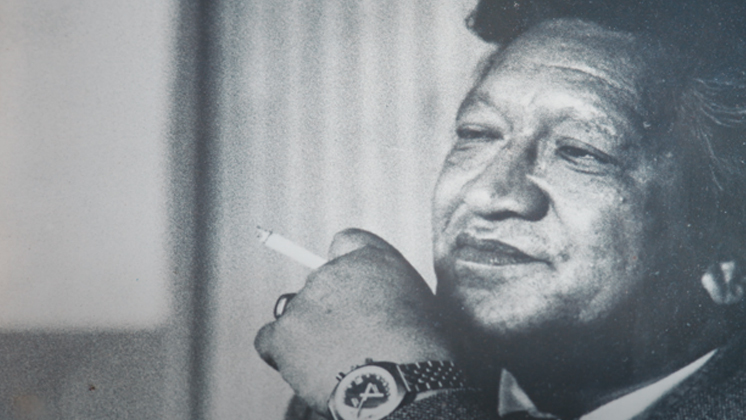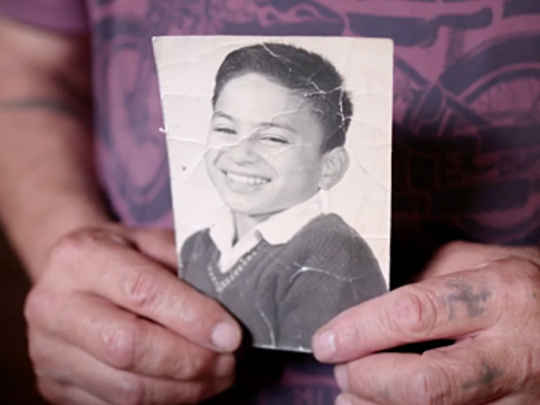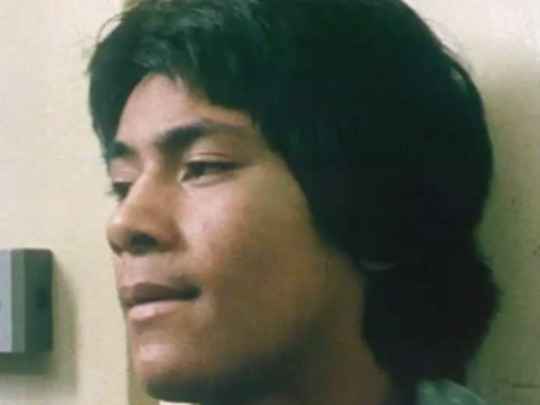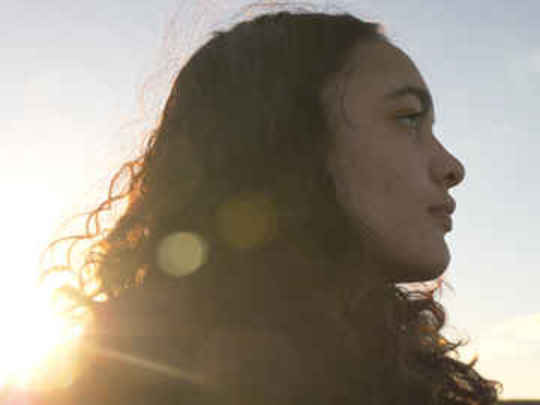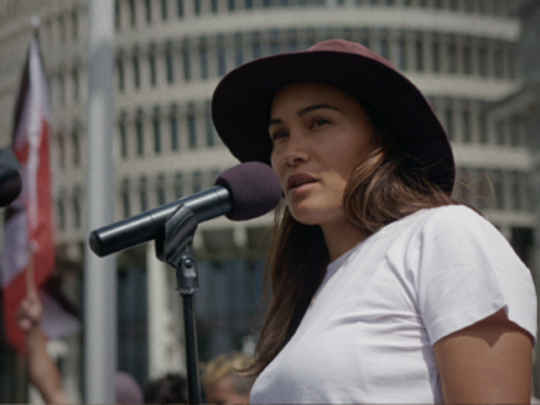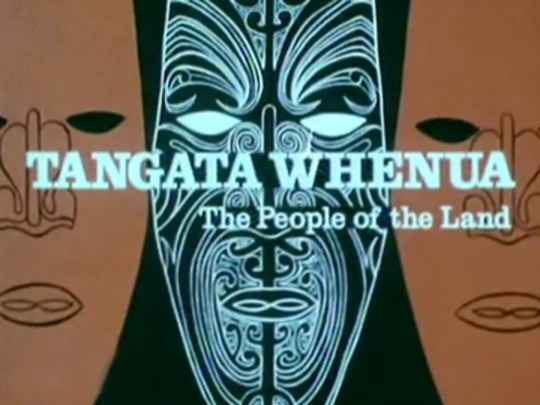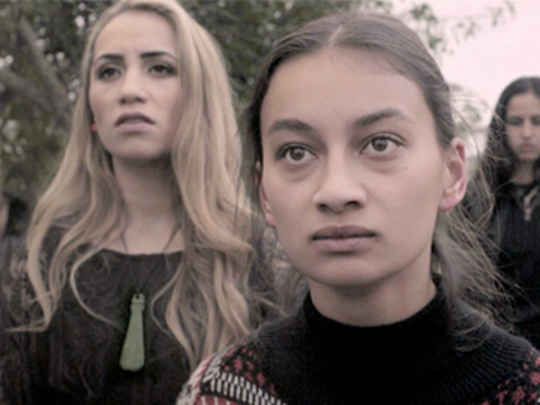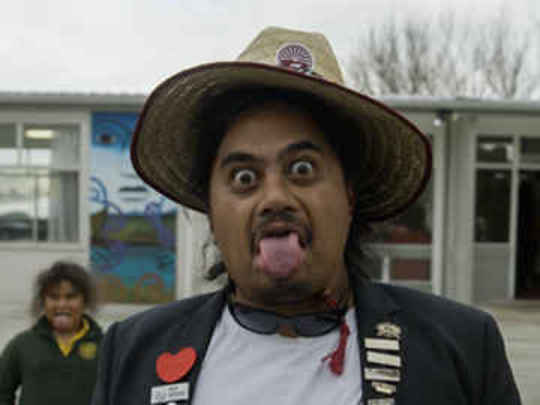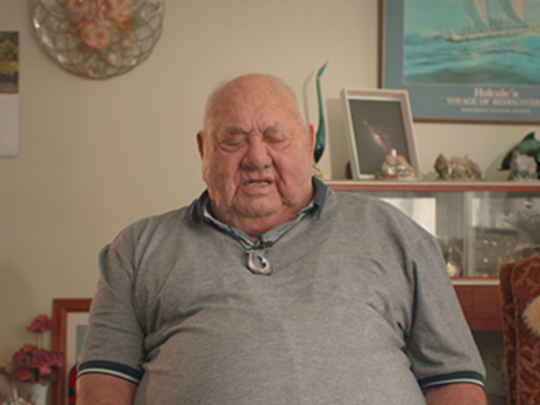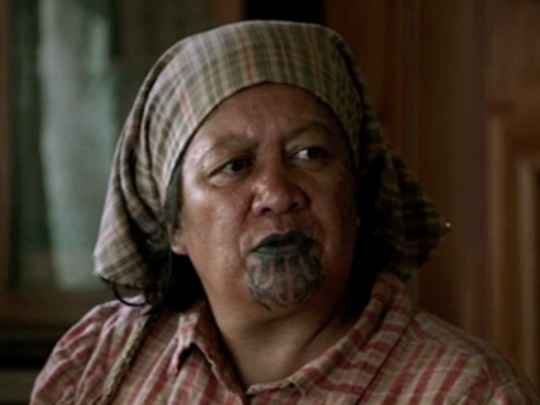Family is the cornerstone of my world.
– Writer/director Kararaina Rangihau, early in her film
'Pūao Te Ata Tū' is the place where the darkness separates from the light. The name of this light as it emerges is called the dawning. That is why we have named this report 'The Daybreak', to show Māori coming out of the dark into the light.
– John Rangianiwaniwa Rangihau describes the 1986 report into institutional racism in the Department of Social Welfare
What the people wanted was for their children to remain with their own whānau, sub-tribes and tribes, but alas, to no avail.
– Kararaina Rangihau on the pain of child removal policies by successive New Zealand governments
We want to be a people who grew from this land, and whose ethnic origins are deeply tied into this land, and whose traditions have come from the land.
– John Rangihau expresses his hopes for his people
The committee travelled around the country listening to the people’s needs, and in July 1986 released a report, Puao-te-ata-tu. In it the committee argued that institutionalised racism existed in the department, as it did throughout New Zealand’s institutional structures, and that the nation was facing a major social crisis. At a New Zealand National Party conference the following month, when Rangihau explained that he was not looking for compensation or feelings of guilt but rather a fair share of resources, he received a standing ovation. His intellectual contribution to social policy was acknowledged in 1989 when a teaching and research position at Victoria University of Wellington, funded by the Department of Social Welfare, was established in his honour.
– Writer Roka Rangihau in a 2000 profile of John Rangihau, Te Ara web site
Māori have been and continue to be significantly over-represented in State and faith-based care. This has been caused by the ongoing impacts of colonisation and structural and systemic racism across government organisations, for multiple generations. Because of this, and our commitment to ensuring that our Inquiry is underpinned by te Tiriti o Waitangi and its principles, working with Māori is among our highest priorities. We are committed to supporting Māori survivors. We continue to be here for Māori and all survivors who need us.
– The official website for the Royal Commission into Abuse in State Care, which began in 2018ite
The future is not an empty space. Storytellers have a duty of care to bring our oral history to life, and make them relevant to today because those stories inform our future.
– Writer/director Kararaina Rangihau, Stuff website, 3 November 2022
